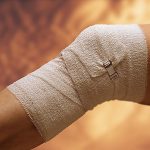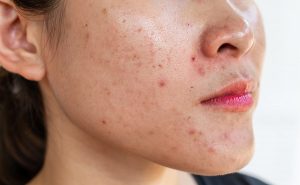
Arthritis in the knees can strike people as young as 45, with symptoms severe enough to limit activities and harm quality of life. What can be done about it? First, know that inactivity isn’t the answer. You need to move, so try low-impact exercises like walking and swimming. Researchers are also looking at possible benefits from interval training rather than continuous workouts. If you’re overweight, research has shown that diet, along with exercise, can reduce pain and improve function. Studies on the popular supplement glucosamine have yielded conflicting results over the years, but one explanation for the mixed findings has to do with the different formulas that were used. Success in Europe and other parts of the world was found with a daily 1,500-milligram dose of patented crystalline glucosamine, according to the International Journal of Rheumatic Diseases. Acupuncture helps some people find relief, as does daily do-it-yourself acupressure — using just your fingertips on the painful areas. More invasive procedures, like injections of corticosteroids or hyaluronic acid, have limited benefits and possible side effects. And knee surgery, often suggested to “wash out” debris inside the joint, does not seem to result in significant pain relief, better function or greater benefits than conservative strategies like exercise therapy. One helpful suggestion came from an analysis of studies involving exercise among people with knee and other joint pain… read on >


































-300x200.jpg)


